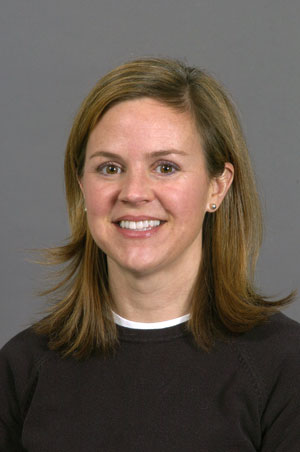Dickinson College
Faculty Profile
Missy Niblock
Associate Professor of Biology (2007)Contact Information
on sabbatical Spring 2026
Rector Science - James Hall
717-245-1292
Education
- B.A., University of Richmond, 1992
- Ph.D., Wake Forest University, 1998
